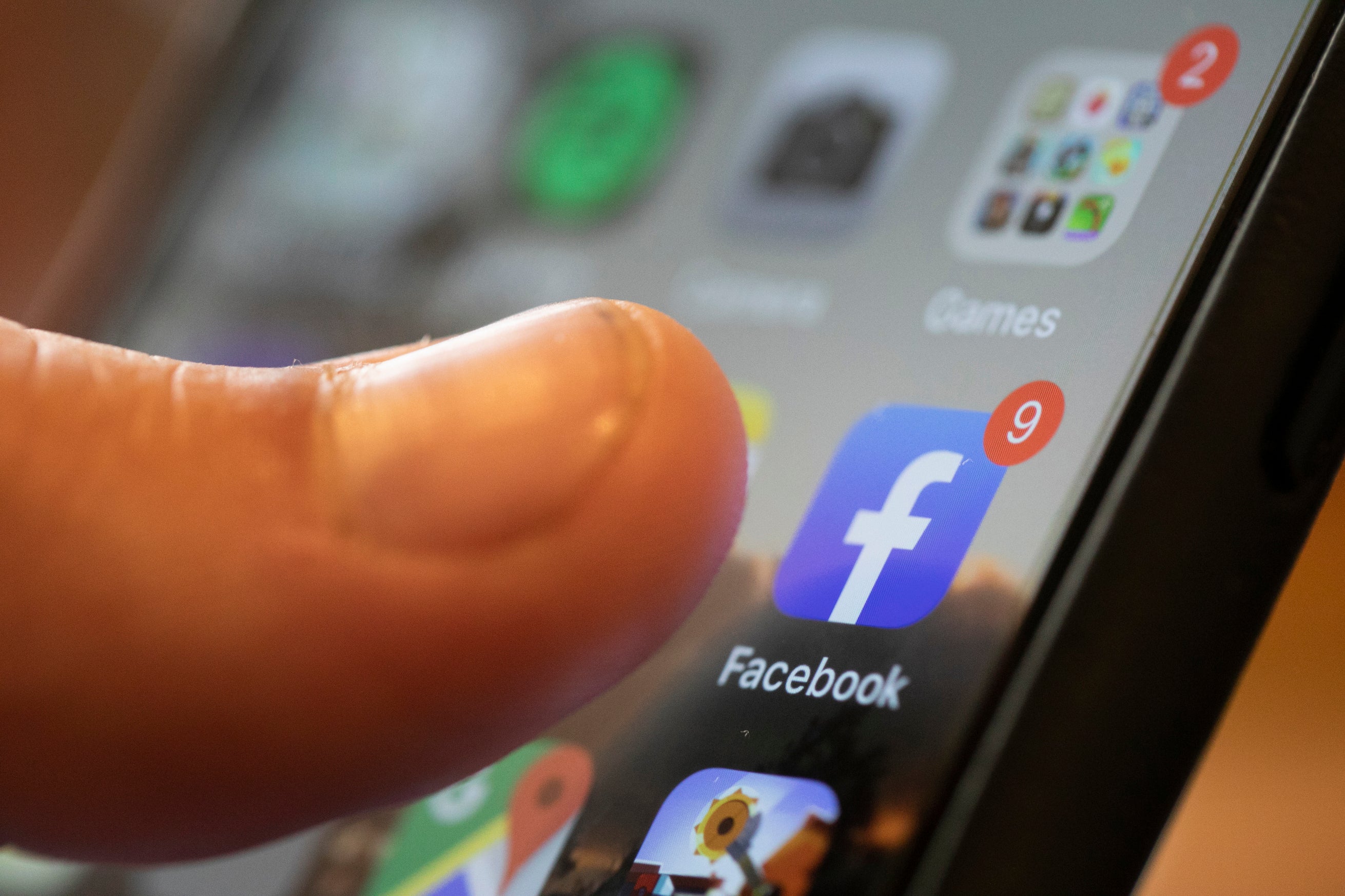Amid a barnstorming results season, we need to talk about big tech and tax
There’s nothing wrong with big tech being rewarded for creating services that have often been invaluable during the pandemic, but the scale of those rewards has become obscene, writes James Moore


It’s time big tech and its contribution to the world’s pandemic recovery was debated with more urgency.
The latest batch of the results explain way. Lockdown time has been party time for this industry, its executives and its shareholders.
Last week saw Apple reporting first quarter results in which the company vaulted the $100bn sales barrier for the first time, and with a lot of clear air. The group took in $111bn (£81bn), up 21 per cent when compared to the same quarter last year.
Facebook, meanwhile, reeled in $28.1bn over its fourth quarter. That was a 33 per cent increase compared with a year earlier. Microsoft, in its second quarter, delivered $43.1bn, up 17 per cent.
Perhaps conscious of the wider global picture, but perhaps not, there were some issues flagged.
Apple, for example, twitched about its stores being closed. Facebook fretted about the impact of Apple’s privacy requirements. Under fire from the poison spread over its platform that ended up getting sprayed over the US Capitol, it also said it would cease recommending political groups to its users.
But none of those will stop the money from pouring into the coffers of either. Wall Street doesn’t expect the party to end anytime soon.
Their peers will doubtless tell a similar story the coming weeks.
The pandemic isn’t the sole driver of their recent success. But it has undeniably played a hugely important role.
It helped fuel the boom in sales of Apple devices and also services such as Apple Music and Apple TV. More people used Facebook to connect with the friends and family members they couldn’t see in person, so more people saw its ads. Microsoft reported a rise in sales of its Xbox console and related subscriptions. Its Azure cloud business accelerated.
Now, the defenders of these companies would say that the services they provide have been a boon through the course of the crisis. And while they haven’t always been an unalloyed blessing, as the Washington DC riot graphically demonstrated, that’s true. Facebook, for example, played a role in getting my family food when both my wife and I were stricken with Covid-19 shortly after the first UK lockdown was imposed.
There’s nothing intrinsically wrong with them being rewarded for that. The same is true of their shareholders, who put their cash at risk to facilitate the investments these companies make in their products and services.
The problem is that the scale of the reward they have received borders on the obscene. The Apple figures were clearly the most eye-catching. Its numbers were positively dizzying. But they all did stunningly well. And just wait until Amazon reports this week.
At a time taxpayers are having to fund soaring levels of debt, and other parts of the global economy have suffered devastating blows (hospitality, bricks and mortar retail, the arts, some of the creative industries, etc), they can clearly stand to do more.
It’s time to force the issue.
It’s not as if they were great contributors to the societies they profit from before the pandemic broke out, with their gaming of the international tax system and the pittance this has resulted in them paying.
Politics is inevitably going to get in the way of such an effort, especially politics in the US. But America too could stand to have its public finances bolstered by more of a contribution from its most successful companies.
One way to proceed might be for the various territories in which they operate to impose a one-off increase in something like the UK’s digital services tax (although the levy has its flaws). Others are working on schemes like it which could be co-opted for the purpose of imposing a pandemic windfall tax.
But how you go about it matters far less than establishing the principle.
The cost of the pandemic has been huge, both in terms of loss of life and when it comes to the economy, with millions of people already laid off and more job losses surely just around the corner. An awful lot of people have found themselves suddenly pushed through the poverty trapdoor as a result.
To help alleviate the effects of that, and deal some of the other issues that are emerging such as an impending mental health crisis, the post-diluvian recovery needs their money just as much as it needs their tech.
Join our commenting forum
Join thought-provoking conversations, follow other Independent readers and see their replies
Comments


Bookmark popover
Removed from bookmarks